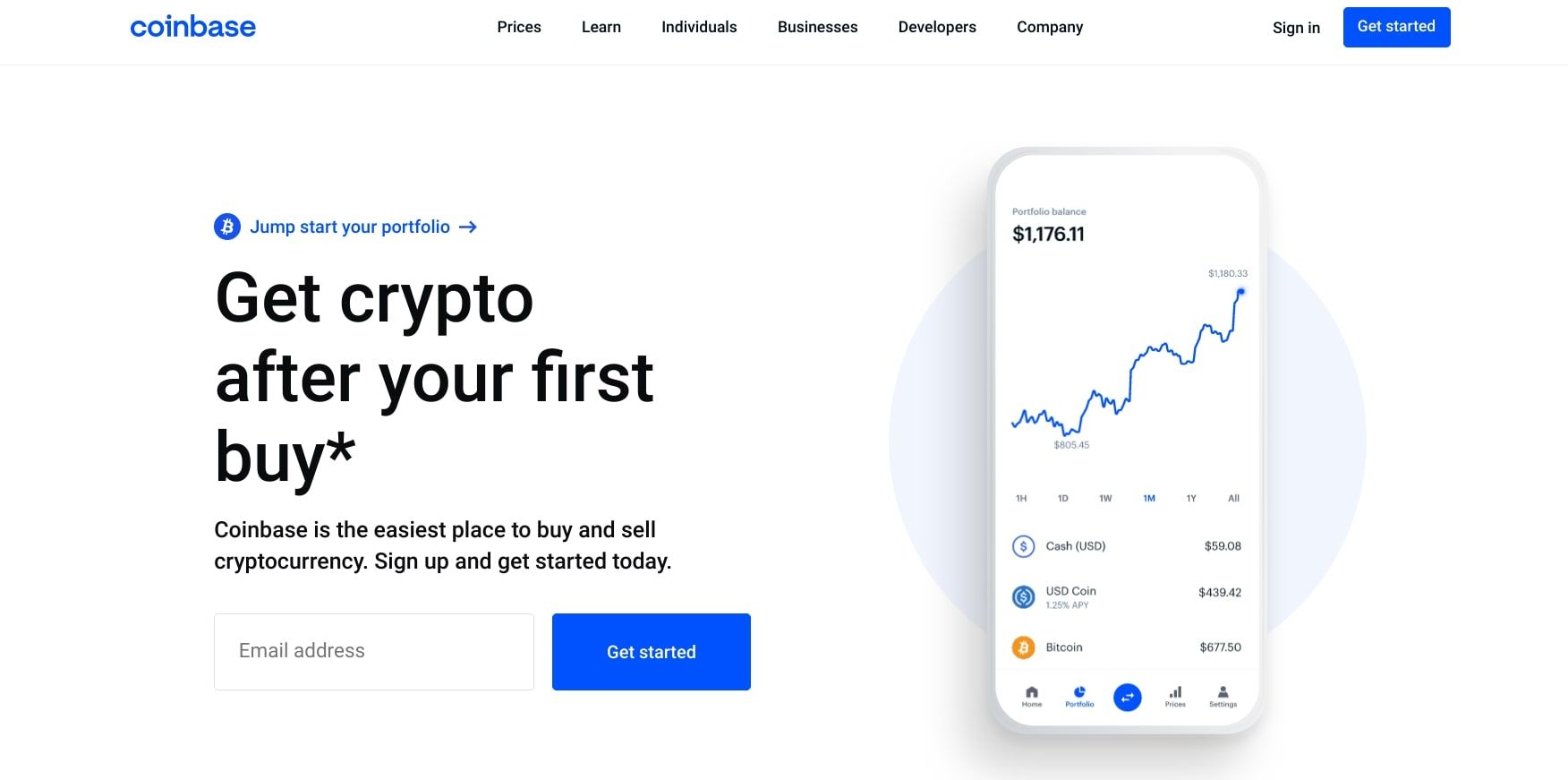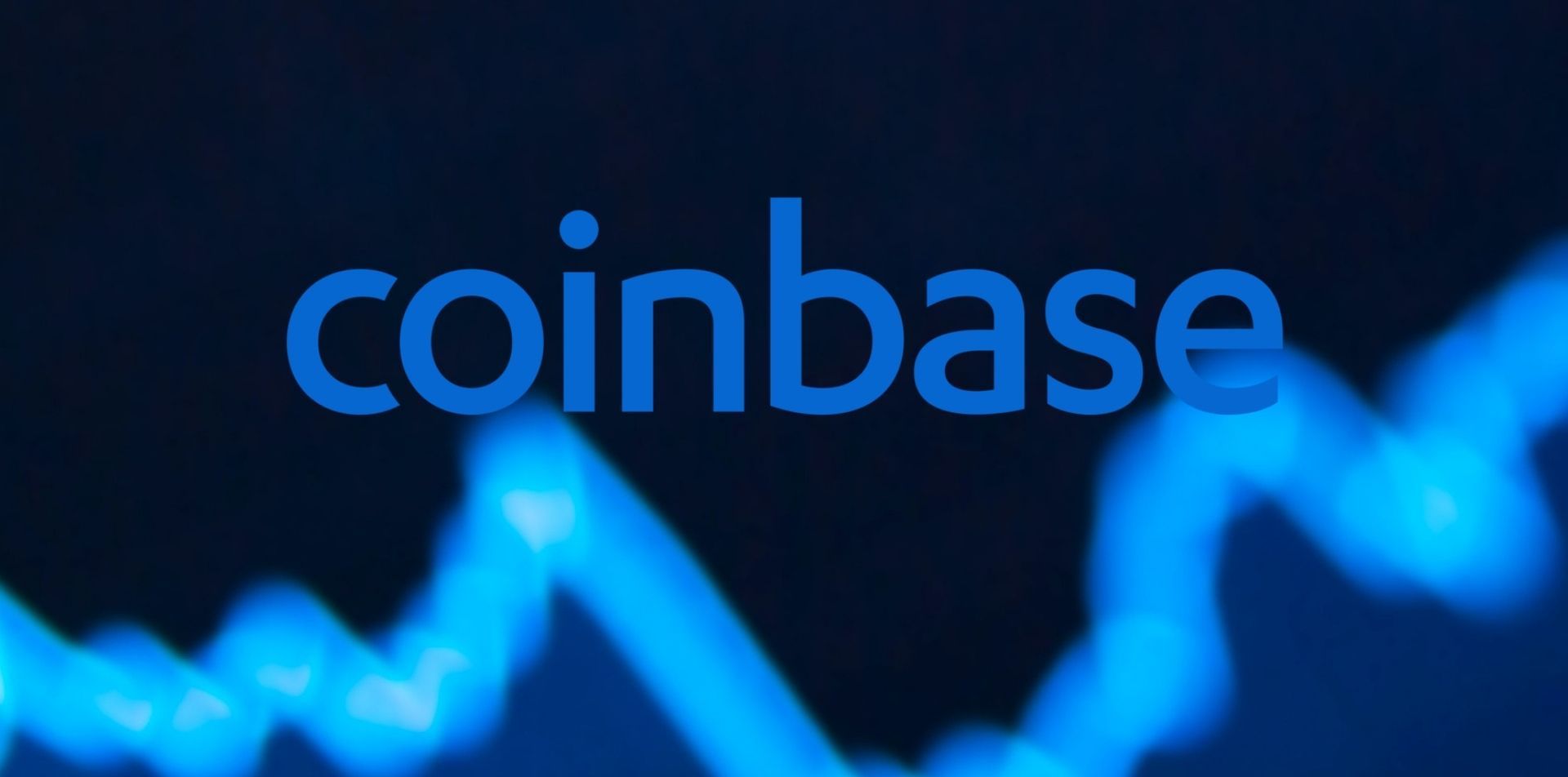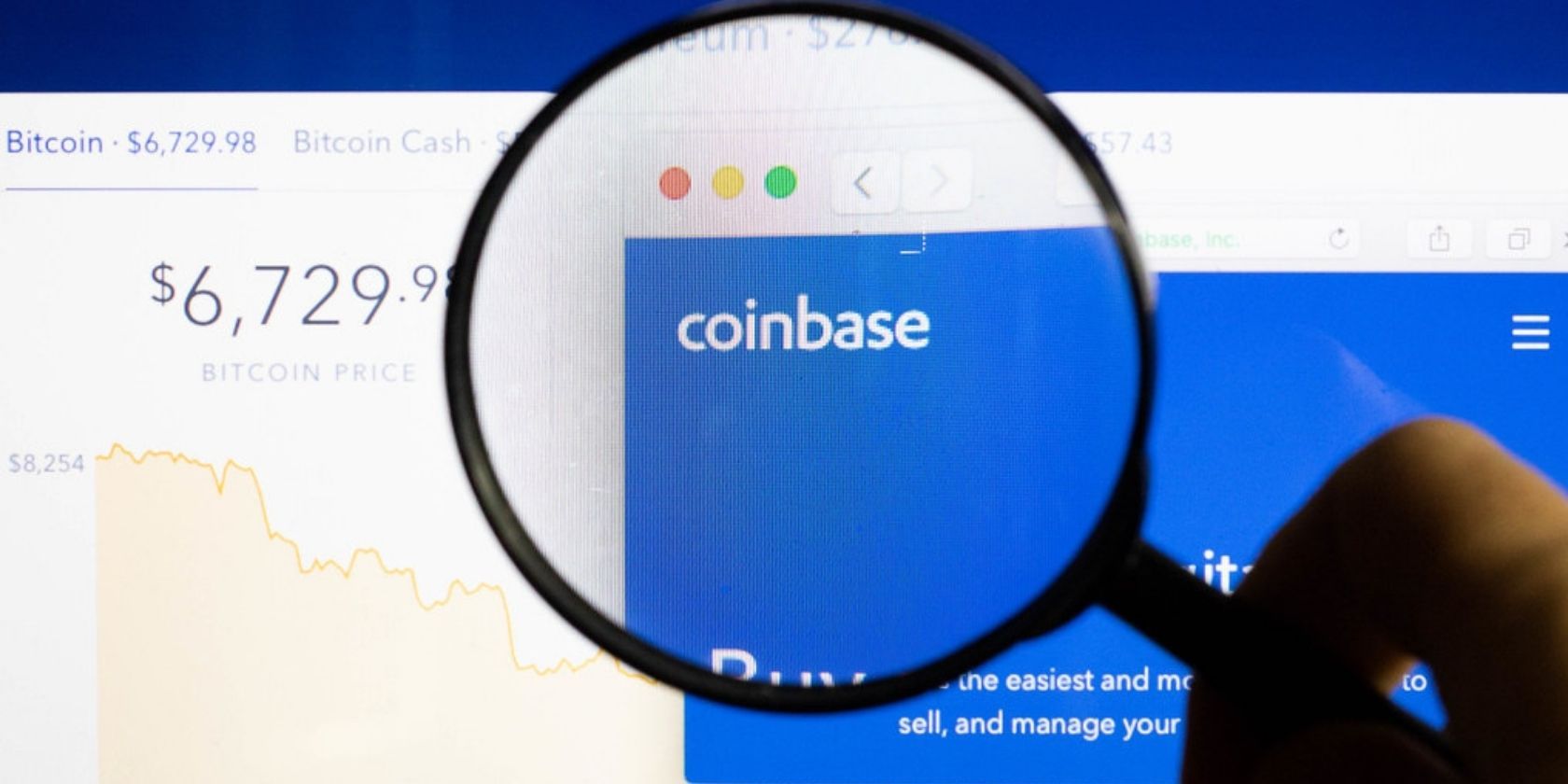Given how hugely popular cryptocurrency has become in recent years, it’s no surprise that there is now a wide range of decentralized exchanges out there with which you can buy, sell, stake, and store your crypto. A particularly popular exchange, known as Coinbase, lets you invest in, stake, and sell over 150 coins, but is it safe enough for your crypto?
What Is Coinbase?
Before we get into Coinbase’s security levels, let’s quickly run over the exchange’s background. Coinbase was founded in June 2012 by Brian Armstrong, a former Airbnb engineer. Armstrong initially received a $150,000 infusion from the Y Combinator startup incubator, and Fred Ehrsam, a Goldman-Sachs trader, joined him as a co-founder not long after.

The company also received a five million dollar from Fred Wilson, an American venture capitalist, and a generous 25 million dollars from several other investment firms, all in the space of one year. With this support and constant development, Coinbase quickly began to grow and hit one million users in 2014. After this, Coinbase began acquiring competing companies to help fuel their expansion.
However, when Coinbase was launched, it wasn’t the same exchange as it is now. Rather, Coinbase was initially a medium through which Bitcoin could be bought and sold via bank transfers. However, over the past decade, the exchange has diversified and expanded to become the most popular in the United States.
However, Coinbase suffered a hack in Autumn of 2021, wherein 6,000 users lost funds from their wallets. It was thought that this hack was made possible via a phishing scam, wherein customers gave their login details to the malicious party under the assumption that it was Coinbase requesting them.
So, if Coinbase has been subject to hacks, are its security features not up to scratch?
Is Coinbase Safe?

It’s worth noting that no crypto exchange is 100% safe. There is always some risk of a hack, or a system malfunction, as these exchanges exist online. But Coinbase certainly does what it can to ensure that its customers’ funds and private information remain secure, and here’s how.
Employee Security
Firstly, all Coinbase employees must pass a criminal background check before being offered a job, regardless of their role. This ensures that no one with a serious criminal background gains access to the exchange beyond a user level.
Coinbase employees must also encrypt their hard drives, use strong passwords, and enable screen locking so that malicious external parties cannot easily access any sensitive data on their devices or accounts.
Insurance of Funds
Coinbase also offers insurance for all US deposits stored in USD wallets if their funds are stolen via a hack. Currently, the exchange protects losses up to $250,000 via the FDIC (or Federal Deposit Insurance Corporation). But note that this does not cover withdrawals or other transactions made via the loss or unauthorized use of login credentials.
Because of this exception, you should always use all the security features offered by Coinbase to make it as difficult as possible for anyone to use your account without permission. You should also do this if you are not depositing in the form of US dollars and are therefore not storing your funds in a USD wallet.
Storage of Funds
In the crypto world, there are two key types of fund storage known as hot and cold (or hard and soft). “Hot” storage involves keeping funds in an online wallet, while “cold” storage involves keeping funds in an offline wallet.
A cold wallet is by no means physical, as cryptocurrency is entirely virtual, but you can purchase crypto hardware wallets to act as a cold wallet. In that, a cold wallet is still virtual but is stored on a device that has no connection to the internet. This means that no one can access funds stored on a cold wallet over the internet, making hacking much harder to carry out.
This is why Coinbase stores over 98% of its crypto in cold wallets. These include hardware and paper wallets, which are extremely hard to infiltrate without physical access, massively reducing the chance of any user becoming the victim of a hack.
The Vault
Another great feature offered by Coinbase is its “Vault” option. A Coinbase vault can receive deposits just like a regular wallet but uses additional security steps to stop crypto from being immediately withdrawn and stored elsewhere.
Every transaction can be co-signed by both the user and a chosen trusted individual, and each withdrawal must be approved before going through. If the withdrawal is not approved, it will be canceled within 24 hours. Vaults are available to all Coinbase users, regardless of whether they’re using a standard or professional account, and it’s easy to set one up.
Lack of Anonymity
Unlike some exchanges, Coinbase does not allow users to create an account anonymously. All users must provide their contact details, such as their email address and phone number, and a form of ID verification is also required, like a driving license. This allows Coinbase to identify any individuals that act inappropriately or illegally on the platform.
Two-Factor Authentication
Like your social media or e-commerce accounts, your crypto wallet and exchange accounts should always have an extra layer of protection, as sensitive information and your funds are stored. Every Coinbase user should switch on two-factor authentication.
This technology requires two forms of verification when logging into an account. So, when you enter your standard email and password upon login, you’ll also have to verify your identity through another method. This could be done via SMS, a phone call, or the entry of a security key.
Whitelisting (on Coinbase Pro)
Coinbase also has a great whitelisting feature that can be used to ensure that your funds are only sent to accounts that you, yourself, have whitelisted. Any wallet addresses that you have in your address book will be considered as whitelisted, with all other addresses being prevented from receiving any crypto from your account.
Note that this feature is only available for those with a Coinbase Pro account. While you can open a Coinbase Pro account for free, it is generally more suited to those who trade regularly and have a lot of experience in the crypto industry.
Coinbase Boasts Some of the Best Security Features
While Coinbase has suffered a hack in the past, it is by no means an unsafe option for buying, selling, and storing your cryptocurrency. Coinbase is a trusted and legitimate exchange with a range of security features that can help in protecting your account. So, if you choose to use Coinbase, you can rest easy in the knowledge that your funds are being kept as secure as possible.

